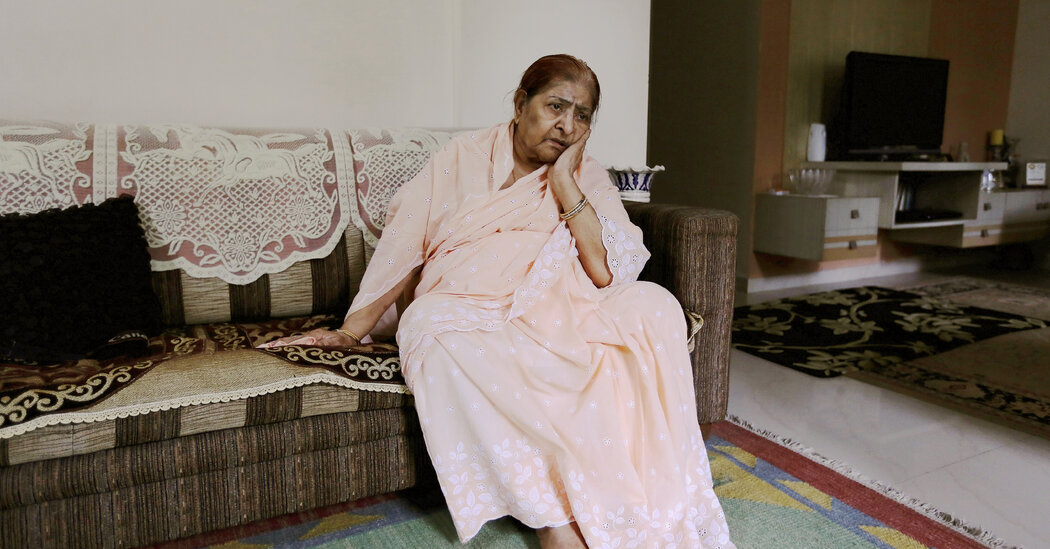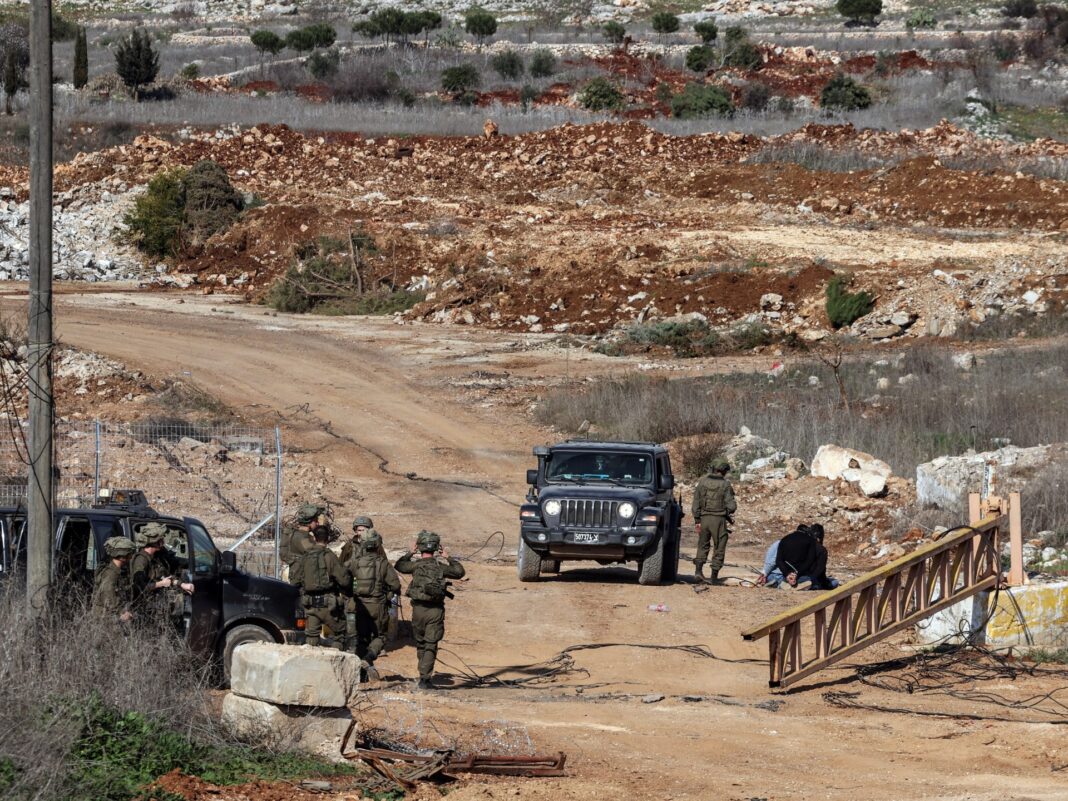Zakia Jafri, who turned her personal loss into an uphill campaign for justice after her husband, Ehsan Jafri, was brutally murdered during sectarian riots in the state of Gujarat in 2002, died on Feb. 2 at her daughter’s home in Ahmedabad, India. She was 86.
Her death was confirmed by her son Tanveer Jafri.
More than 1,000 people, a majority of them Muslim, died in the riots that gripped Gujarat, on the western coast of India, in 2002. They began on Feb. 27, when a fire killed nearly 60 people on a train carrying Hindu pilgrims to Godhra, a town in Gujarat. The cause of the fire was disputed. However, as rumors spread that Muslims were responsible, mobs erupted across large parts of Gujarat, attacking Muslim homes and businesses, and killing people by hacking and burning them to death. Among those killed was Ms. Jafri’s husband, who was a union leader, a lawyer and a former member of Parliament.
In a legal battle that dragged on for nearly two decades, Ms. Jafri accused Narendra Modi, India’s current prime minister, who at the time was the leader of Gujarat, of “conspiracy and abetment” in the riots.
In all that time, “she remained stoic, despairing, yet hopeful,” Teesta Setalvad, a human-rights activist, said in an interview. “For me, for us, she was the mother of all the survivors of 2002, carrying the burden of her pain and loss with dignity and fortitude and always giving us strength.”
Zakia Naseem Fidahusain Bandookwala was born on Jan. 15, 1939, in Rustampur, a village in the central Indian state of Madhya Pradesh. She was one of six children of Fidahusain Fakhrali Bandukwala and Amtubai Fidahusain Bandukwala, wealthy farmers. She moved to Ahmedabad, in the western state of Gujarat, after marrying Mr. Jafri in 1962.
The couple’s home in Ahmedabad was burned down during riots in 1969. But instead of leaving the area, Mr. Jafri became involved in politics to fight for India’s secular traditions, and helped established the Gulberg Society, a Muslim housing complex in the majority Hindu area.
He was elected to Parliament as a member of the Indian National Congress Party in 1977 — something no other Muslim from Ahmedabad has ever achieved. Ms. Jafri was active in her husband’s public life, her son said, and often appeared with him at events. One black-and-white photograph that he still has, taken at a Congress Party meeting in the 1970s, shows Mr. Jafri at the microphone addressing a room full of men. Ms. Jafri is the only woman in the crowd.
She became a more prominent public face after her husband was killed.
During the riots, Gulberg became the site of intense carnage, leaving nearly 70 people dead. Mr. Jafri was hacked to death in his home as the rest of his family sought safety upstairs.
“Armed with swords, pipes, acid bottles, kerosene, petrol, hockey sticks, stones and tridents, the mob was unrestrained for six hours,” Human Rights Watch said in a report. In one interview, Ms. Jafri said that her husband had made more than 200 phone calls to government and police officials as the mob gathered, but had received no help.
In the years that followed, she accused Mr. Modi and Gujarat’s senior officials of conspiracy and abetting the riots.
Ms. Setalvad said she met Ms. Jafri in March 2002, just weeks after the violence. She aided Ms. Jafri and other Gulberg survivors by pressuring the government to open investigations into inaction by a police force that they asserted was under Mr. Modi’s control, and by protecting people who were being threatened not to testify as witnesses.
“I don’t have that much strength now. I cant even walk now,” Ms. Jafri, already in her 80s, said in one of her last television interviews. “But still I go to the court whenever it is required, whenever they call me. Twenty years have passed and I didn’t get justice. The power is in their hands; what justice will they give?”
The case was ultimately dismissed by India’s Supreme Court in 2022 after investigations failed to uncover concrete evidence incriminating Mr. Modi. The court had initially absolved him in 2019, and did so again when it dismissed Ms. Jafri’s appeal. It ruled that negligence, or breakdown of law and order, was not the same as conspiracy.
In addition to her son Tanveer, Ms. Jafri is survived by another son, Zuber; a daughter, Nishrin Hussian; and six grandchildren.
After the case was dismissed, the government arrested Ms. Setalvad, with lawyers telling the court that she had waged a “campaign of vengeance” to defame Gujarat and had used Ms. Jafri as a “tool” in the process.
Tanveer Jafri said his mother had been disappointed, not only by the lack of accountability but also by the way her fight for justice had been turned against people like Ms. Setalvad, who had dedicated herself to the cause.
“She took solace,” he said, “in the fact that future generations will have all these documents to unearth the facts.”


